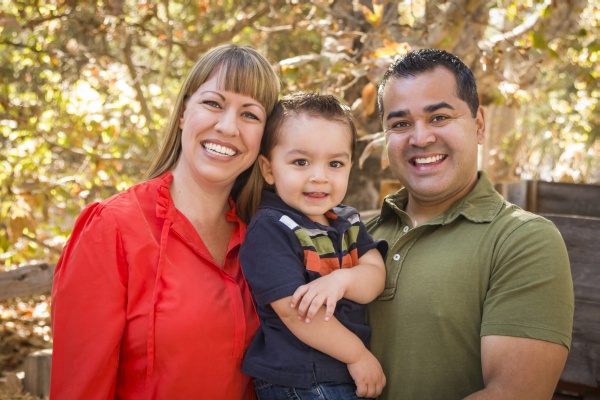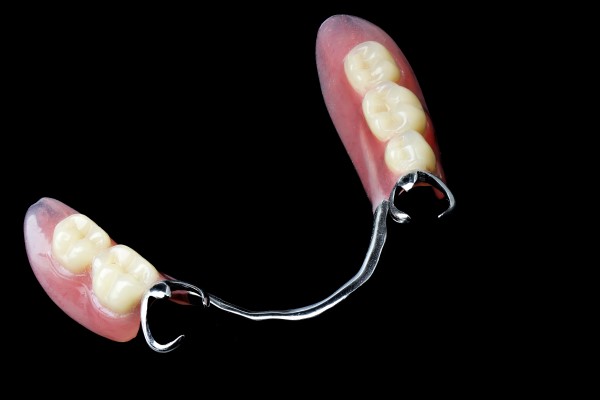Tips to Prevent Baby Bottle Tooth Decay

If you are a new mom or dad, you may have heard of, "baby bottle tooth decay." This is a scary-sounding and often misleading term, and the first thing that usually comes to mind is the idea that bottles are somehow causing tooth decay for your baby! Even worse, this idea seems reasonable because it mostly happens in your child's front teeth, giving the appearance that the bottle caused the problem.
What is baby bottle tooth decay?
Sometimes also called cavities or caries, tooth decay is the destruction of the outer enamel of the tooth. An opening in the enamel exposes the pulp of the inner teeth to bacteria, temperature and injury. A few factors contribute to baby bottle tooth decay in infants:
Sugary drinks
Avoid sugary drinks like juice and milk for your infant. A bottle tends to sit in the same spot for a long period of time, and this increases the risk of bacteria growing around that location. The bottle will act as a "food reservoir" for not just your infant, but bacteria as well.
Sharing of saliva
Sharing a spoon with your baby is riskier than you might think. You have built more immunity to the bacteria in your mouth than your baby has, because you have had more time to do so, and you may be passing along germs that can cause cavities in their teeth.
Improper dental hygiene
Your infant's teeth should be brushed twice a day with a soft-bristle, small-head toothbrush. Do not apply too much pressure, as the tissue in your toddler's mouth is not fully grown and is more sensitive than that of an adult.
Unclean pacifier
Pacifiers are a great reservoir for bacteria to grow. Make sure to clean them regularly before returning it to your infant.
Bottle with pacifier
This happens when your baby is put to bed with a bottle. The bottle can sit in the mouth of your baby, giving bacteria a chance to grow. Additionally, they do not produce as much saliva at night, giving the bacteria a better environment for growth.
How to treat or prevent baby bottle tooth decay
The tips here are similar to how you would take care of your own teeth, so they should be easy to remember!
Wipe the gums of your infant with a clean gauze pad after every feeding. This should remove most of the bacteria that are trying to get a foothold.
When your baby's first tooth comes in, you will want to use water instead of toothpaste. Follow your dentist's recommendation on when you should start using toothpaste.
For the best dental care for your child, schedule a visit to a pediatric dentist before their first birthday. A pediatric dentist attends four years of dental school, followed by a two-year pediatric dental residency program. During this extra training, they learn techniques specialized to the different age groups listed above, as well as how to use specialized equipment.
Request an appointment here: https://www.providencefamilydentistry.com or call Providence Family Dentistry at (678) 496-7021 for an appointment in our Mableton office.
Check out what others are saying about our services on Yelp: Read our Yelp reviews.
Recent Posts
Partial dentures are a great tooth replacement option for missing teeth. They are easier on the mouth than full dentures but not as costly as dental implants. Those that wear partial dentures can expect an easier eating experience, better speaking and an aesthetically pleasing smile. However, with partial dentures comes discipline, meaning the wearer must…
Are you considering dental veneers? Read on to learn more about this dental procedure. A growing number of people are choosing dental veneers due to their popularity as a versatile cosmetic treatment. Dental veneers make teeth look better, but they must be properly maintained to last. Caring for your smile also helps your teeth and…
Tooth extraction may seem like a scary or daunting procedure, but it’s safe with few potentials for complications. We’re going to go through all the major steps to help put your mind at ease and make you more comfortable about any upcoming procedures.First, the dentist will administer an anesthetic. They may use a local anesthetic…
Thinking about getting dental sealant treatment? Dental sealants are a vital tool for preventing cavities or tooth decay. Tooth decay is a prevalent condition among children and teenagers, and when unchecked, it can lead to other serious oral issues such as premature tooth loss and gum disease. In combination with other preventive care measures such…


